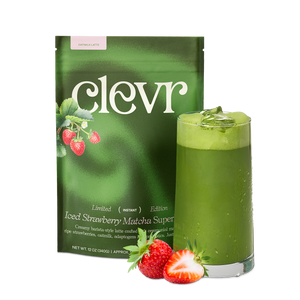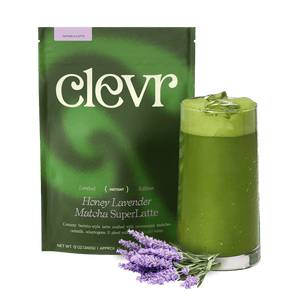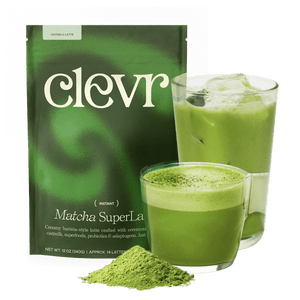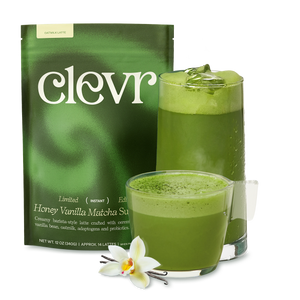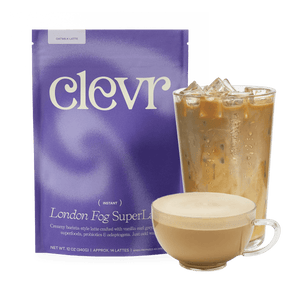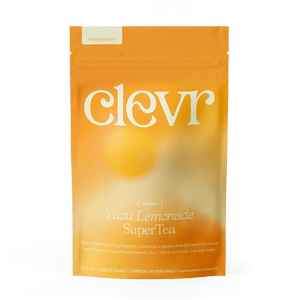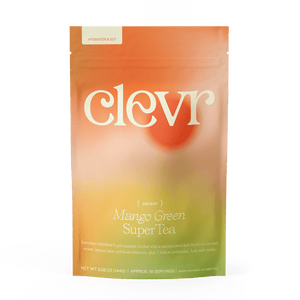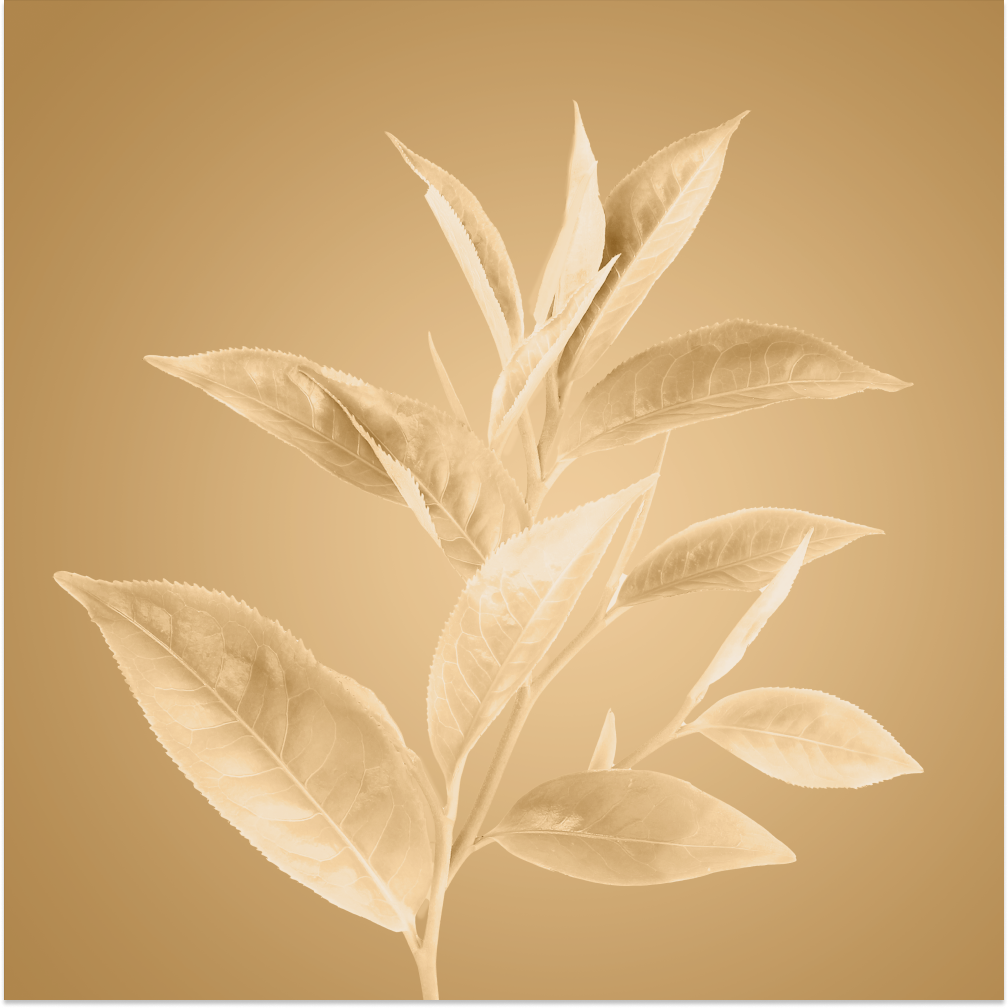
Stress vs. Anxiety: Your Mind on Cortisol
A dive into the realities of stress and anxiety - how they feel in your body, how they feel in your mind, and coping strategies to support your pursuit of wholeness.
Although stress and anxiety are both emotional responses that manifest themselves similarly in your body, the difference between the two is distinct - and important for your pursuit of wholeness. Managing stress and anxiety are challenges that we can all relate to in our humanness, amidst our lived experiences. Understanding the difference between stress and anxiety can be tricky, so here’s a little guide to support you:
What is stress?
Stress is triggered by an external circumstance - anything from financial pressure to relationship conflicts to overcommitted responsibilities. Usually you’re able to recognize the specific situation or trigger, because stress is often in response to more short-term or immediate circumstances (Talk Space, 2022). Stress responses are actually necessary for your safety; they send a signal to your body to be on alert, due to an external threat. This is important to acknowledge and accept, so that you can first show gratitude to your body for keeping you safe, before reassuring your body that you are safe and stress is not necessary or supportive in the moment.
When you experience a stress trigger, your body produces extra cortisol to prepare you for a fight or flight response (Cleveland Clinic, 2021). This can cause a multitude of symptoms, including overwhelm, irritability, general unhappiness, frustration and loneliness.
When stressed, your thoughts might look like:
- “There’s no way I can complete all that I committed to today.”
- “I don’t know how I’m going to pay rent this month because I got fired from my job.”
- “My partner is mad at me for leaving without saying goodbye, and now they won’t talk to me.”
- “I’m still an hour away from the airport and I’m worried that I’m going to miss my flight.”
- “My laptop won’t connect to the internet, and this assignment is due soon.”
Sometimes it can be hard to put stress-related feelings into words, but they also manifest themselves physically. What does stress feel like in your body? You may experience nausea, dizziness, digestive troubles or trouble sleeping, faster breathing and an increased heart rate (Medical News Today, 2020). Stress can also lead to anxious feelings…so what’s the difference?
What is anxiety?
How we interpret and respond to stress, and the prediction or assumption that it will get worse, can lead to the feeling of anxiety. Unlike stress, anxiety is harder to pinpoint…the trigger may not be identifiable, and it can be felt more chronically than stress. Anxiety is often persistent, even in the absence of a stressor (Medical News Today, 2020).
Anxiety activates different parts of your brain than stress, including your amygdala and prefrontal cortex, which cause feelings of fear or worry. Physically, you might experience heart palpitations, shortness of breath, lightheadedness, chest pain, blurry vision, insomnia or panic attacks (American Psychological Association, 2022).
*It’s important to note here that we are talking about anxious feelings, vs. clinical anxiety.*
Anxious thoughts might look like:
- “Will I run into my ex-partner when I go into town today?”
- “How would I be able to afford my rent if I were to get fired from my job?”
- “What if my partner leaves me?”
- “The audience is probably going to laugh at me and be disappointed in my presentation.”
- “The climate crisis is intensifying and I feel hopeless.”
So now that you have a little more clarity in identifying stress and anxiety, what can you do to support your mind and body? Here are a few coping mechanisms to support you along your journey:
Coping strategies for stress
- Plan out your to-do list and prioritize the things that are most urgent.
- Get enough sleep! We can’t stress sleep hygiene enough - which is why we created Sleeptime for you ;)
- Create balance and structure in your life by setting boundaries around work and planning time spent with friends or family (Very Well Mind, 2021).
- Create a morning routine, to start your day grounded, nourished and with a calm nervous system 💛
- Try out “Morning Pages” (part of Julia Cameron’s The Artist’s Way). This writing practice helps you to declutter your mind and release unnecessary or stagnant thoughts (WebMD, 2021). This is a small shift with a huge impact!
- Practice earthing (get outside!) to activate your parasympathetic nervous system (aka the key to calm and relaxation)
- Ask yourself: what needs to be simplified?
Coping strategies for anxiety
- Limit caffeine and alcohol consumption. Instead, focus on incorporating more grounding herbs - such as ashwagandha, which helps reduce cortisol levels.
- Deep breathing. Fresh oxygen helps your body to slow the heart rate and stabilize blood pressure, and it activates your parasympathetic nervous system, which supports downregulation. (Harvard Health, 2020)
- Go for a 30 minute walk or do a low-intensity workout. This helps to pump your brain with anti-anxiety chemicals, such as serotonin and endocannabinoids. (Harvard Health, 2019)
- Eat foods that are protein-rich and high in vitamin B, omega-3 and magnesium (Cleveland Clinic, 2021).
- Journal your feelings. Putting them down on paper is a powerful release practice!
- Do a somatic practice to bring you back into the present moment:
- Identify 3 sensations in your body.
- Identify 3 sounds around you.
- Identify 3 smells around you.
- Notice 3 things you see that make you feel grounded and calm.
Mental health is as important as physical, and you deserve to be happy and feel grounded.
You are not in a rush.
You are doing enough - you are enough.



